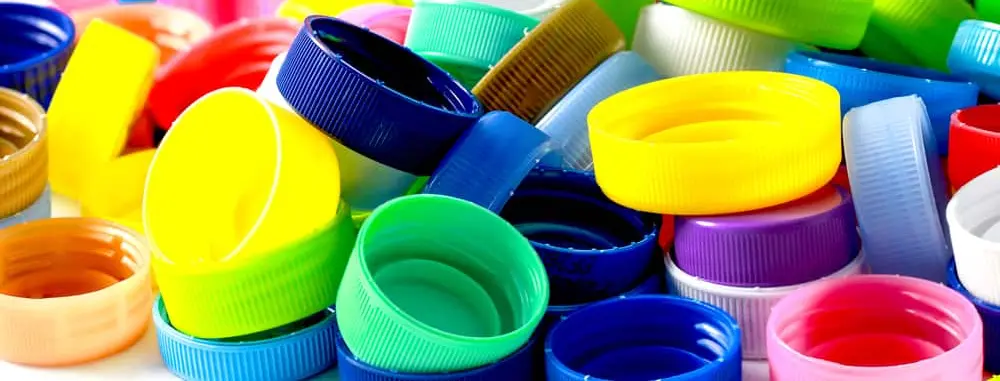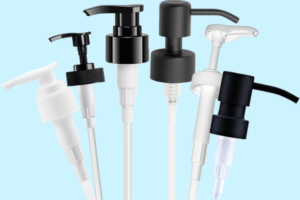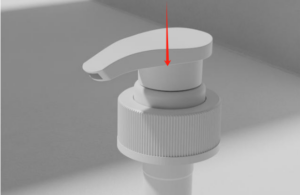Polypropylene caps are an important part of various industries, providing safe and reliable seals for a variety of products. Whether in the pharmaceutical, food and beverage or chemical industries, these closures play a vital role in maintaining product integrity and ensuring consumer safety.
The polypropylene lids is precision engineered to provide an excellent seal to prevent leakage and contamination. Its durable and lightweight properties make it ideal for packaging applications. Additionally, their chemical resistance allows compatibility with a variety of products, making them a versatile option. After these long years of development, polypropylene bottle caps incorporate advanced technology and innovative designs to meet the changing needs of different industries. From tamper-resistant features to child-resistant closures, these lids offer enhanced product protection and comply with industry regulations.
What are polypropylene caps?
Polypropylene caps are closures made from polypropylene, a thermoplastic polymer. These caps are widely used in various industries due to their excellent sealing properties and versatility. Polypropylene is known for its high melting point, which makes it resistant to heat and allows for secure closure of containers, preventing leakage and contamination.
The material used in polypropylene caps is lightweight yet durable, making it an ideal choice for packaging applications. It is also chemically resistant, which means it can be used with a wide range of products without the risk of degradation or interaction. Polypropylene caps are available in different sizes and styles to accommodate various packaging requirements.

Common uses of polypropylene caps
Polypropylene caps find applications in a wide range of industries due to their reliable sealing properties and versatility. Some of the common uses of polypropylene caps include:
- 1. Pharmaceutical industry: In the pharmaceutical industry, polypropylene caps are used to seal bottles containing medications, ensuring product integrity and preventing tampering. These caps provide a secure seal and can be designed with tamper-evident features to enhance consumer safety.
- 2. Food and beverage industry: Polypropylene caps are widely used in the food and beverage industry for packaging products such as sauces, dressings, and beverages. The excellent sealing properties of these caps help maintain the freshness and quality of the packaged products.
- 3. Cosmetic industry: In the cosmetic industry, polypropylene caps are used to seal containers of various beauty and personal care products, including lotions, creams, and shampoos. These caps not only provide a secure closure but also enhance the aesthetic appeal of the packaging.
- 4. Chemical industry: Polypropylene caps are used in the chemical industry for packaging chemicals and hazardous substances. The chemical resistance of polypropylene ensures compatibility with a wide range of chemicals, making it a safe and reliable choice for packaging applications in this industry.
Different types of polypropylene caps
Polypropylene caps are available in different types, each designed to meet specific packaging requirements. Some of the common types of polypropylene caps include:
- 1. Screw-on caps: Screw-on caps are the most common type of polypropylene caps. They are designed with threads that allow for easy tightening and removal. Screw-on caps provide a secure seal and are suitable for a wide range of products.
- 2. Flip-top caps: Flip-top caps feature a hinged lid that can be easily flipped open and closed. These caps are commonly used in the personal care industry for products such as shampoos, conditioners, and lotions. Flip-top caps provide convenience and ease of use for consumers.
- 3. Snap-on caps: Snap-on caps are designed to snap into place, providing a secure closure. These caps are commonly used in the food and beverage industry for products such as sauces, dressings, and condiments. Snap-on caps offer quick and easy access to the contents of the container.
- 4. Child-resistant caps: Child-resistant caps are designed to prevent young children from opening containers containing potentially harmful substances. These caps require a specific combination of movements to be opened, making them child-resistant while still being easy for adults to use.
How to choose the right polypropylene cap
Choosing the right polypropylene cap for your packaging needs is essential to ensure product integrity and consumer satisfaction. Here are some factors to consider when selecting a polypropylene cap:
- 1. Compatibility: Ensure that the polypropylene cap is compatible with the product you are packaging. Consider factors such as chemical compatibility, temperature resistance, and moisture resistance to ensure that the cap will effectively seal and protect the contents of the container.
- 2. Closure type: Consider the type of closure that best suits your packaging requirements. Screw-on caps provide a secure seal and are suitable for most applications. Flip-top caps offer convenience and ease of use. Snap-on caps provide quick and easy access to the contents of the container. Choose the closure type that best meets your needs.
- 3. Tamper-evident features: If product safety and tamper resistance are important to your packaging, consider polypropylene caps with tamper-evident features. These features can include tear-off bands, breakable bridges, or induction seals that provide visual evidence of tampering.
- 4. Brand reputation and quality: Select polypropylene caps from reputable brands known for their commitment to quality and reliability. Look for certifications and industry standards that ensure the caps meet the necessary requirements for your industry.
Conclusion: The importance of polypropylene caps in various industries.
Polypropylene caps play a crucial role in maintaining product integrity and ensuring consumer safety in various industries. Their excellent sealing properties, durability, and chemical resistance make them a versatile choice for packaging applications. From pharmaceuticals to food and beverages, and cosmetics to chemicals, polypropylene caps provide secure and reliable closures that protect the contents of the containers




